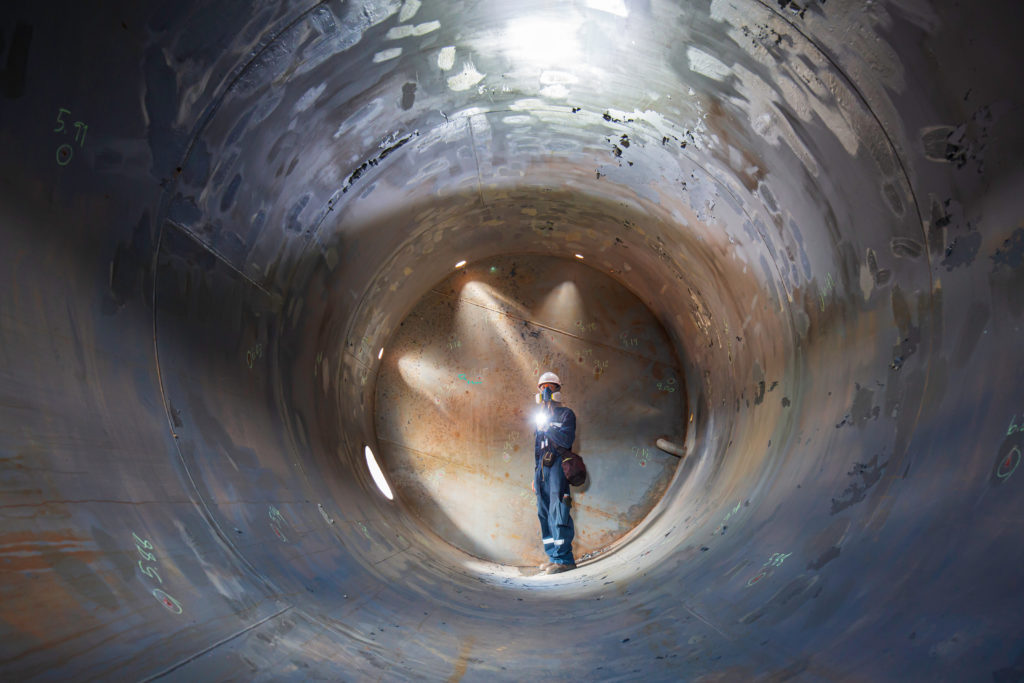Talent shortage holds miners back from delivering on production targets, objectives – report

An unprecedented skills shortage in the mining industry is putting talent acquisition at the top of miners’ agendas, according to a new report by McKinsey & Company.
There are three cross-industry trends converging to mobilize changes within the mining workforce, the report notes.
First, the nature of work is evolving in the industry, with a focus shifting to technology roles, especially in automation and algorithms, resulting in over 100 million workers worldwide needing to change occupations by 2030, McKinsey says.
Workers’ preferences also changed during the pandemic. Changing priorities led to a stunning 40% of employees reporting they were likely to leave their jobs in the next six months.
Third, ways of working are evolving: a recent McKinsey Global Institute report indicated that 72% of executives surveyed say their organizations have started adopting permanent remote-working models.
Talent is increasingly being elevated to a true value driver. Miners can enhance performance at an asset, for example, by hiring a skilled metallurgist, effective mine planner, or talented commodity hedging analyst — these talent acquisitions can have significant impact on a mining company’s value relatively quickly, McKinsey points out.
But mining companies are feeling the talent squeeze.
McKinsey reports that 71% of mining leaders are finding the talent shortage is holding them back from delivering on production targets and strategic objectives.
“Indeed, 86% of mining executives tell us it is harder to recruit and retain the talent they need versus two years ago—particularly in specialized fields such as mine planning, process engineering, data science and automation,” the authors note.
Compounding the issue has been a reported 63% drop in mining engineering enrollment in Australia since 2014, and a 39% drop in mining graduations in the United States since 2016.
To better understand the talent-related issues and opportunities within mining, McKinsey & Company authors interviewed a cross-section of miners to form a perspective along the entire talent life cycle.
Read the full report here.
{{ commodity.name }}
{{ post.title }}
{{ post.date }}




Comments
Carlos Gardel
Well the big mining companies should think about how that inclusive hiring policy is going. If you tell 80 % of your work force, ie white males, that you hate them and actively discriminate against them dont be surprised if they leave and tell their sons and their mates sons, to dont get into mining. I have worked in mining for 30 years most of it internationally. I know if i went back to oz i couldnt get a job because i am a white male. So next time you have an underground fire and there arent enough white guys on shift. Raid the nearest feminist university for some women. The wont be risking their lives but thats another issue. I have a 14 year old son and he told me he wanted to get into mining projects. I said why work for people who hate you. He thought about and said i think i eill find something else to do.